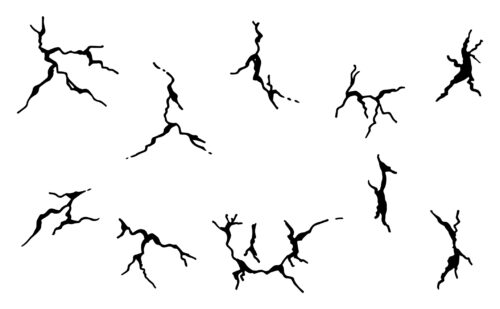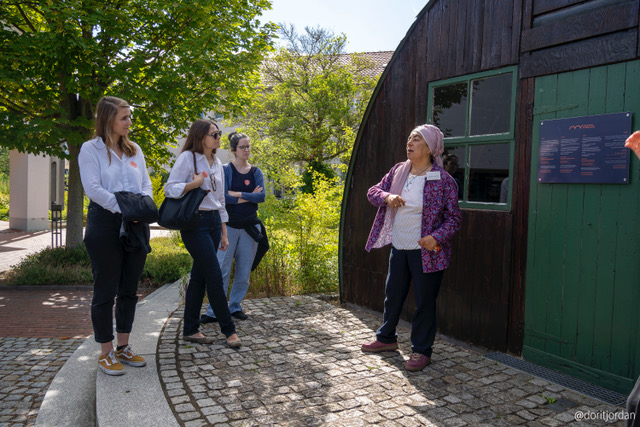
Project of the Month: en/counter/points
By Rosemary Sweeney
Posted: 22 September, 2022
HERA is pleased to present the next project of the month: en/counter/points
Project name
en/counter/points: (re)negotiating belonging through culture and contact in public space and place
Website: https://research.ncl.ac.uk/encounterpoints
Twitter: @encounterpoints
Facebook: www.facebook.com/encounterpoints
Project team
| Project Leader – Newcastle University
|
Dr Susannah Eckersley, Senior Lecturer, Newcastle University, UK |
| Team – Newcastle University | Dr Helen Mears, Research Associate (2019-2021), Newcastle University, UK |
| Dr Bruce Davenport, Research Associate (2022), Newcastle University, UK | |
| Ms Victoria Barone, Project Administrator, Newcastle University, UK | |
| Principal Investigator – Universiteit van Amsterdam | Dr Claske Vos, Assistant Professor, Universiteit van Amsterdam, The Netherlands |
| Team – Universiteit van Amsterdam | Dr Chiara De Cesari, Co-Investigator, Universiteit van Amsterdam, The Netherlands |
| Principal Investigator – Leibniz Centre for Contemporary History Potsdam, Germany
|
Dr Achim Saupe, Senior Researcher, Leibniz Centre for Contemporary History Potsdam, Germany |
| Team – Leibniz Centre for Contemporary History Potsdam, Germany
|
Dr Kristin Meißner, Research Associate, Leibniz Centre for Contemporary History Potsdam, Germany |
| Principal Investigator – Warsaw University, Poland | Dr Grażyna Szymańska-Matusiewicz, Assistant Professor (Adiunkt), Warsaw University |
| Team – Warsaw University | Dr Małgorzata Głowacka-Grajper, Assistant Professor (Adiunkt), Warsaw University |
| Dr Joanna Wawrzyniak, Assistant Professor (Adiunkt), Warsaw University | |
| Dr Krzysztof Kardaszewicz, post-doctoral researcher, Warsaw University | |
| Principal Investigator – Politecnico di Milano, Italy
|
Dr Jacopo Leveratto, Assistant Professor, Politecnico di Milano
|
| Team – Politecnico di Milano | Dr Francesca Lanz, (PI and Co-I 2019-2020), Politecnico di Milano |
| Francesca Gotti, Researcher, Politecnico di Milano | |
| Dr Cristina Colombo, Research Fellow, Politecnico di Milano |
Describe your project in 1-2 sentences
en/counter/points analyses (re)negotiations of belonging in different public spaces and related to significant themes in a changing Europe. The project is structured around the idea of diverse heritages, diverse belongings and diverse forms of public spaces – to bring out a nuanced picture of the different and multi-layered relationships – between past, present and future, between places and people, in different European settings and from different disciplines.
Describe your project development to date
Five research teams, with associate partners, have scrutinized professional, cultural and community reflexive practices to determine the significance for contemporary belonging of:
- roles and functions of cultural, community, urban and heritage spaces and places
- ways in which diverse populations establish, use, share, remember, appropriate or reject ‘shared’ physical or notional public spaces and places
- discourses and practices of cultural identities and belonging
We addressed ways in which people’s sense of belonging is connected to cultural, heritage and memory practices undertaken in different forms of public space, including museums, religious and cultural community centres, monuments and built heritage, and neglected and re-used buildings. Research teams undertook archival research, site visits, surveys and reports, interviewed professionals, practitioners and communities, and engaged with stakeholder groups.
en/counter/points project results highlight the complexity and multiplicity of belonging, understood in different contexts and related to different forms of public space, as well as the fundamental nature of a ‘sense of belonging’ to human needs, particularly in times of change. Our results emphasize the significance of the representation and participation of differing community, grassroots and activist groups in practices and discourses of belonging, particularly within the contemporary context of polarised identity conflicts and political uses of the past across Europe. Engagement with and the valuing of memory, heritage and cultural activity are closely connected to the development of a ‘sense of belonging’, yet may also reproduce practices of exclusion and reinforce feelings of alienation.
How did the pandemic impact on the project and how has the project adapted?
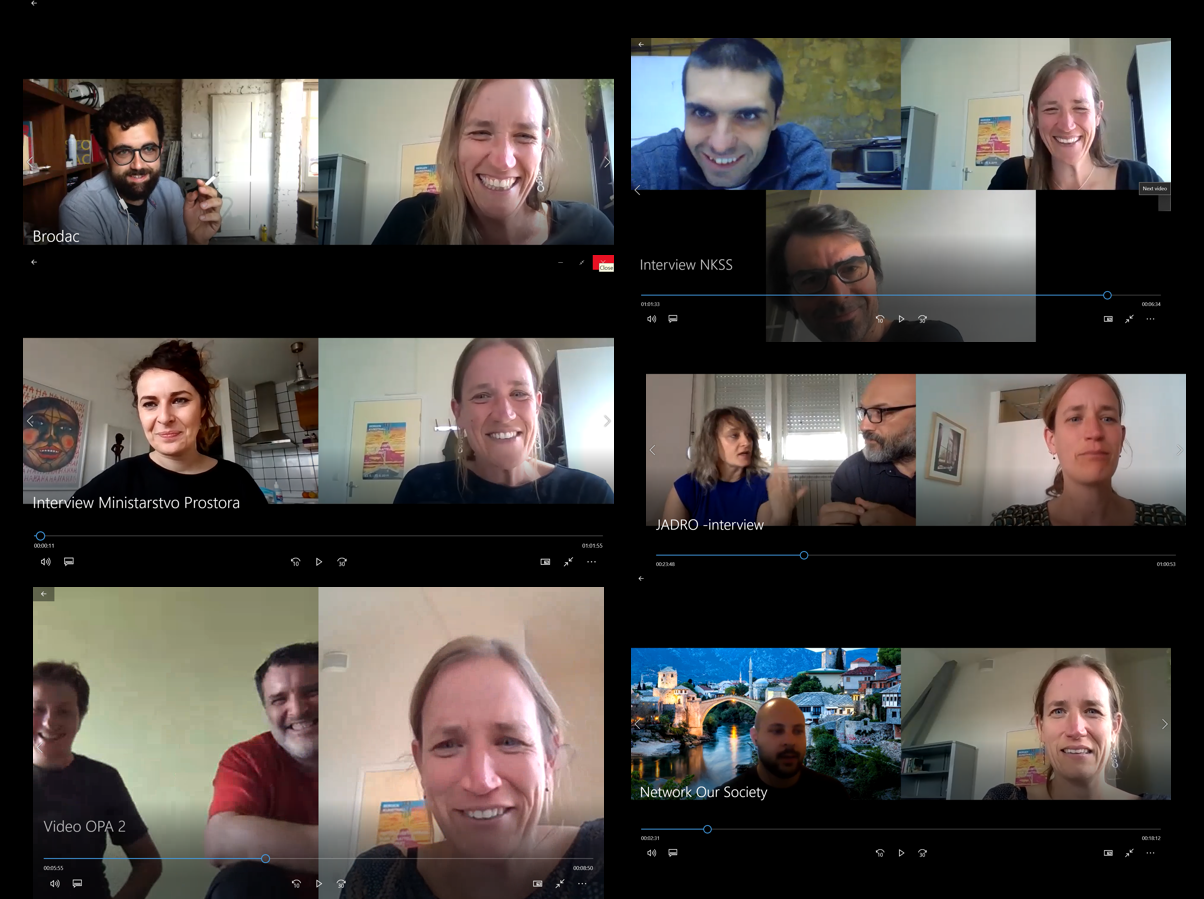
Image 1. Snapshot of Claske Vos’ online research interviews, 2020. Credit: Claske Vos
Our project was conceived to be not only a research project to understand the significance of human encounters with difference in and connected to cultural places and public spaces, but also a project where the working practices were intended to model participatory encounters across disciplines and collective – collaborative – learning.
The coronavirus pandemic hit Europe just as our project was moving from the ‘desk research phase’ into the ‘active research phase’ – PIs and their team members had made careful preparations for travel to undertake fieldwork with different groups of people, in different kinds of public spaces, mostly involving human participation, contact and encounter. Some of us had already moved our families to new places, so as to be ‘on site’ for long-term fieldwork, others were about to do so, or to leave families behind in order to focus on fieldwork in other places.
Many of us were preparing to spend time researching in archives, at museums, with community groups and cultural actors. As national lockdowns were announced one by one, and country after country realised that extreme measures were needed to respond to the unprecedented situation, all our research sites closed, and contact with people beyond the household was no longer permitted.
Project research focuses and fieldwork plans had to be adapted and adjusted to fit to the constantly shifting circumstances and constraints, in multiple different countries. Our project workshops – planned to allow not only public knowledge exchange, but also exchange and learning between project members – were first postponed (rather optimistically!), then gradually shifted online and into different formats. Between 2020 and early 2022 we adjusted our work to the digital world and held many online events, including research interviews, book workshops, a design competition and exhibition, policy and management meetings, and project workshops. We returned to in-person events with workshops in Skopje (North Macedonia) in March 2022 and in Friedland (Germany) in July 2022, and public talks in Warsaw in April 2022 and Berlin in April and August 2022.
Despite the challenges of the pandemic, we have achieved all our project goals – with some necessary delays and adaptations – and have found that there is significant potential for different cultural, community and urban public spaces (and the people connected with them) to support inclusive belonging, particularly during times of crisis.
Interesting collaborations / partnerships
All of our collaborative work with associate partners and research participants has been highly fruitful, despite the challenging circumstances of the pandemic. Our work with groups of cultural and artists practitioners (undertaken by University of Amsterdam PI Dr Claske Vos) and with migrant and minority religious groups in Warsaw (undertaken by the team from Warsaw University) has been extremely rewarding, especially in gaining insights into how they adapted to the coronavirus crisis, often through creating new opportunities for the negotiation of inclusive belonging.
Collaborating with Associate Partner Museum Friedland on research fieldwork, a workshop and engaging in public events together – much of which had to be entirely reconceptualised due to the pandemic – has led to a new partnership, with Dr Susannah Eckersley (Project Leader and PI from Newcastle University) being invited to join the Museum’s Academic Board (Wissenschaftlicher Beirat) in 2022.

Image 2: Workshop at Museum Friedland, 2022. Credit: Dorit Jordan Dotan
Project showcase
1: Blog Post on our first virtual workshop: The workshop “Revealing place and space”, hosted by the team at Warsaw University, took place on June 7th, 2021. Due to the pandemic related circumstances, we could not organize the event in accordance with our initial plan as an in-person event. However, we took the opportunity offered by the online communication tools to reflect on one of the major research themes around which the “en/counter/points: (re)negotiating belonging through culture and contact in public space and place” project is structured: the notion of revealing.
https://research.ncl.ac.uk/encounterpoints/blog/virtualworkshop-revealingplaceandspace/
Virtual Workshop – Revealing Place and Space | en/counter/points | Newcastle University (ncl.ac.uk)
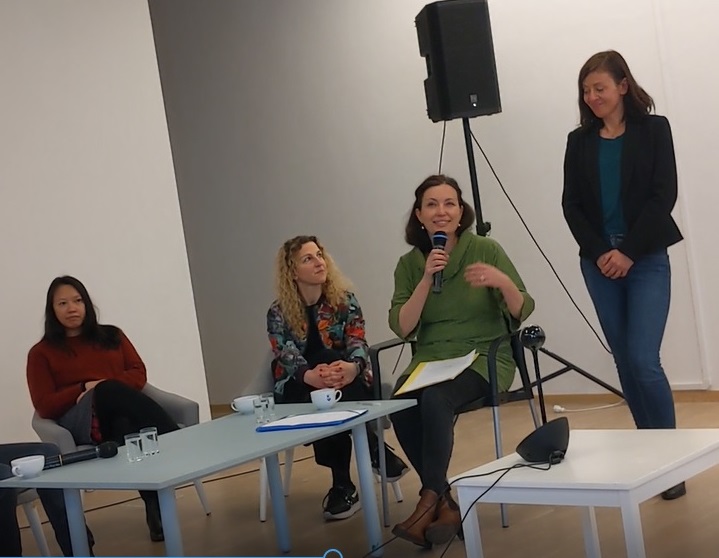
Image 3: Public Debate with Vietnamese Community in Warsaw, 2022. Credit: Grazyna Szymanska-Matusiewicz
2: Press piece on the audiowalk ‘Echt authentisch?’ (‘Really authentic?’) developed by the team at Centre for Contemporary History Potsdam, which was launched on 23rd August 2022.
‘Wunsch und Wirklichkeit: Neuer Audioguide will Potsdams Bauwerke authentisch darstellen’
Potsdam: Audioguide von Historikern will Bauwerke authentisch zeigen . App (maz-online.de)
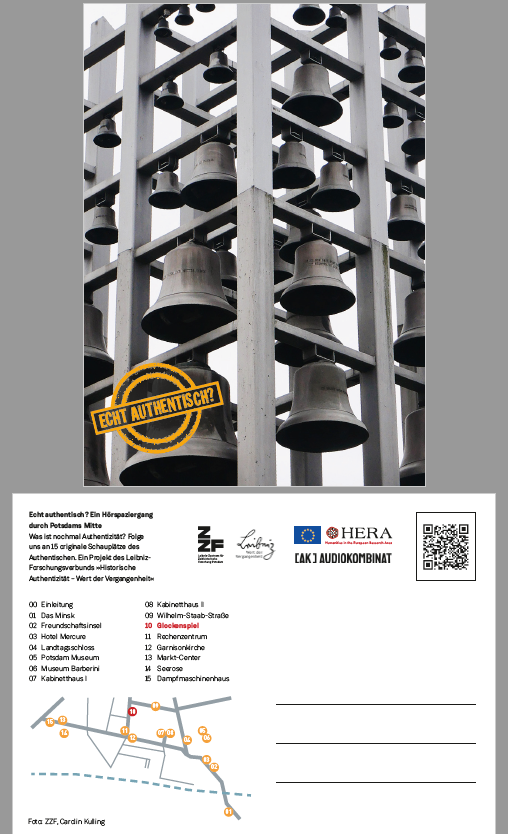
Image 4: Postcard for audio walk in Potsdam, 2022. Credit: ZZF, Carolin Kulling
3: The EN/COUNTER/POINTS Design Ideas Competition (organised by the team at Politecnico di Milano) was conceived as an open procedure, inviting architects and prospective architects, urban planners, designers, landscape designers, creatives, activists, and postgraduate (BA) students to redesign and (re)activate neglected and marginal urban spaces to promote a more resilient, cohesive, and equal future for cities. Moreover, the competition and related communication and dissemination also aimed to broaden public discourse about tactical urbanism, participation in public spaces, and the construction of a sense of belonging.
The competition was launched with a public online seminar on April 30th, 2021 with the participation of people from Construct Lab, Orizzontale, Atelier Mob, Colectivo Warehouse, ConstructLab, Collectif Etc, who were members of the jury. A second seminar on October 29th, 2021 hosted by the Politecnico di Milano and simultaneously transmitted online, presented the four awarded projects and officially opened the online permanent exhibition.
The initiative was fruitful. New questions emerged, stimulating further considerations: what does low-budget intervention mean? What do we intend with temporary/short-term actions? What does “inclusiveness” mean, related to an urban public space? https://www.encounterideas.polimi.it/
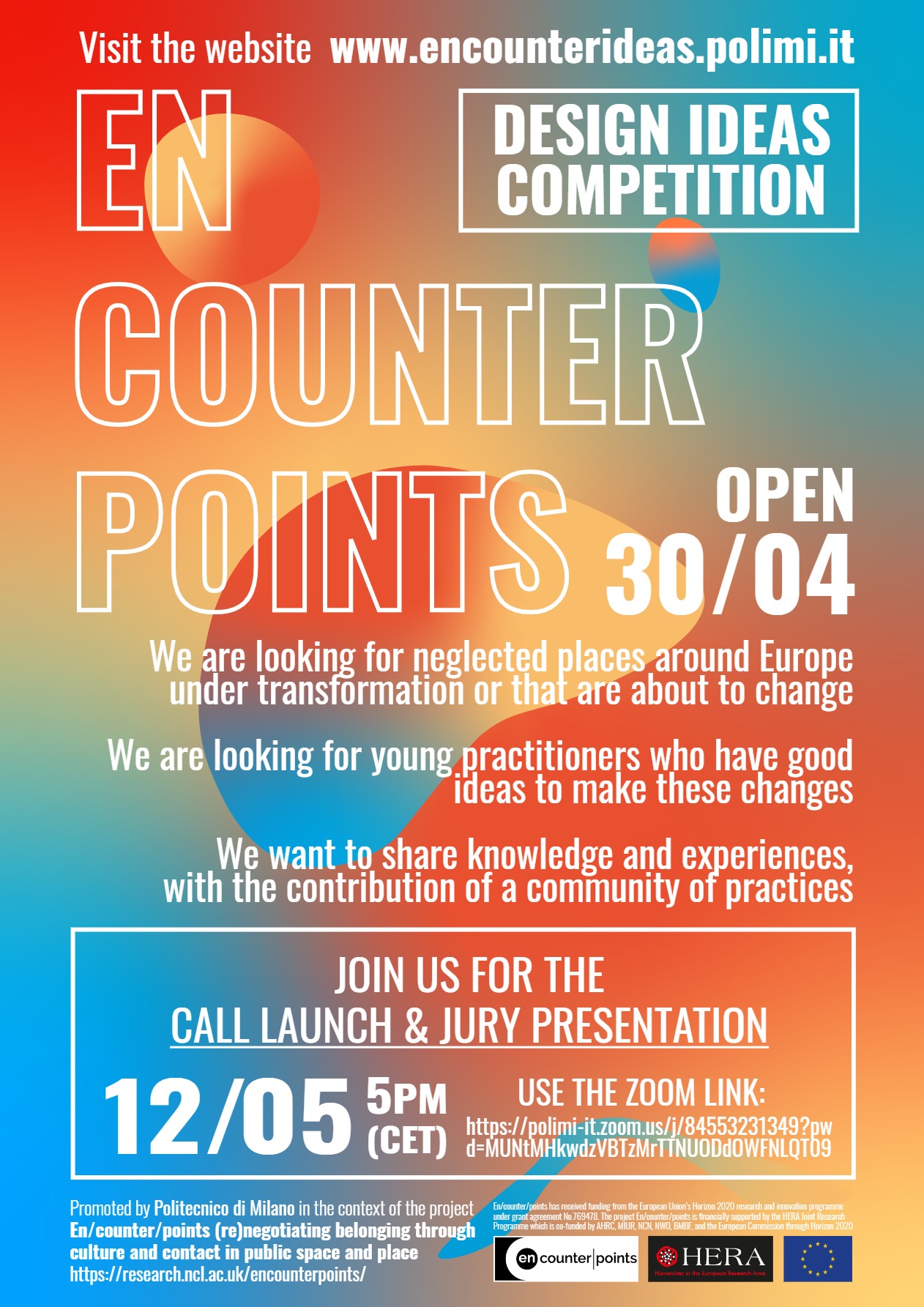
Image 5: Design Ideas Competition poster, 2021. Credit: Politecnico di Milano
4: A Museum Toolkit on Belonging has been developed by Dr Susannah Eckersley and Dr Helen Mears, Newcastle University. This key output of the en/counter/points project involved the creation of an online resource which would enable museum practitioners to consider their work in terms of how it might address or reflect issues of belonging. The main driver for its creation was that—as our research found—while activity around inclusion, participation and community engagement has become a staple of museum practice in recent years, relating this work to wider issues of belonging is a more recent development and one which has not yet been subject to critical debate within the sector. Despite the existence of several online museum toolkits on other topics, many museum professionals interviewed for our research expressed a desire for a toolkit on belonging. The toolkit is currently being finalised, and will be available here, together with our report on the research leading up to it:
https://research.ncl.ac.uk/encounterpoints/museumsandbelongingtoolkit/museumsandbelonging/
Publications
Our project book, ‘Diversity of Belonging in Europe: public spaces, contested places, cultural encounters’, published by Routledge in Autumn 2022, analyses diverse examples of (re)negotiations of belonging in Europe today linked to public space, culture and encounters with difference. www.routledge.com/Diversity-of-Belonging-in-Europe-Public-Spaces-Contested-Places-Cultural-Encounters/Eckersley-Vos/p/book/9781032043739
Three policy briefs communicate collective results of interest to: community groups and cultural and heritage practitioners; urban planners and designers, architects, and built heritage policy-makers; academic research policy-makers and funding bodies. These are available online: https://research.ncl.ac.uk/encounterpoints/outputsresources/policybriefs/

